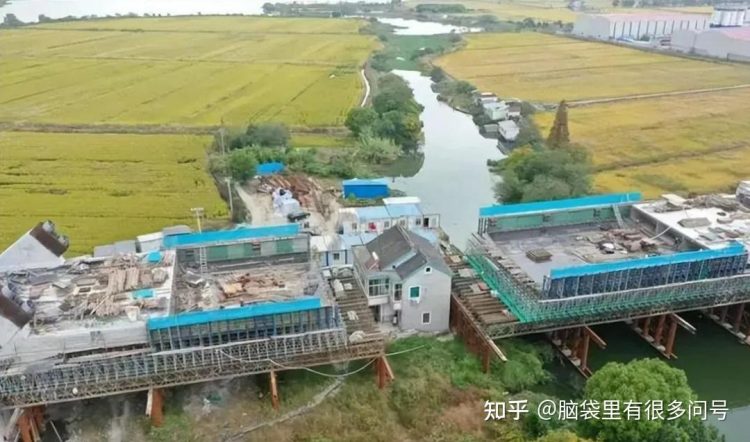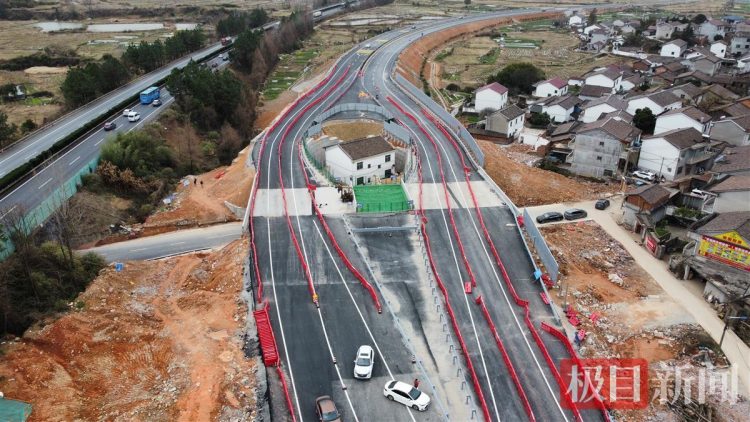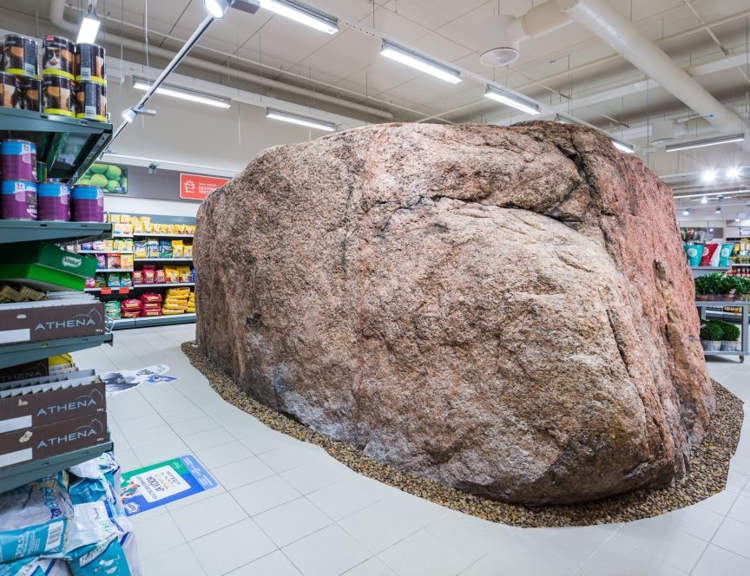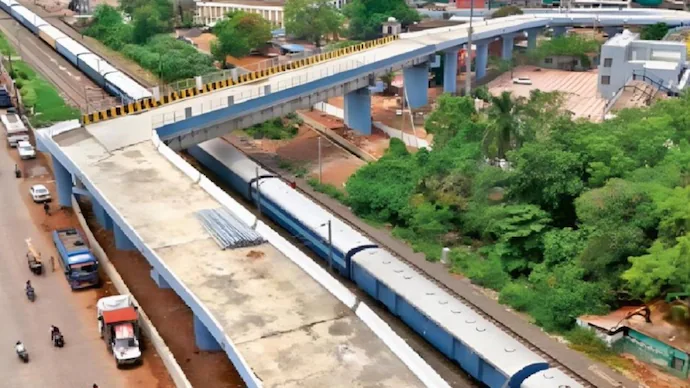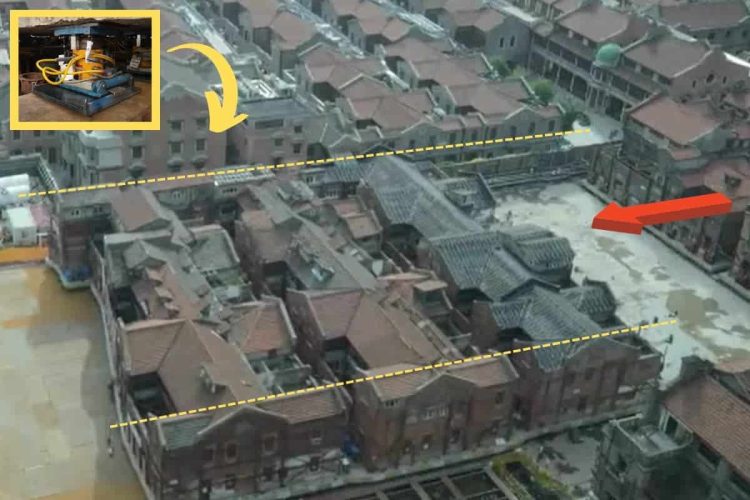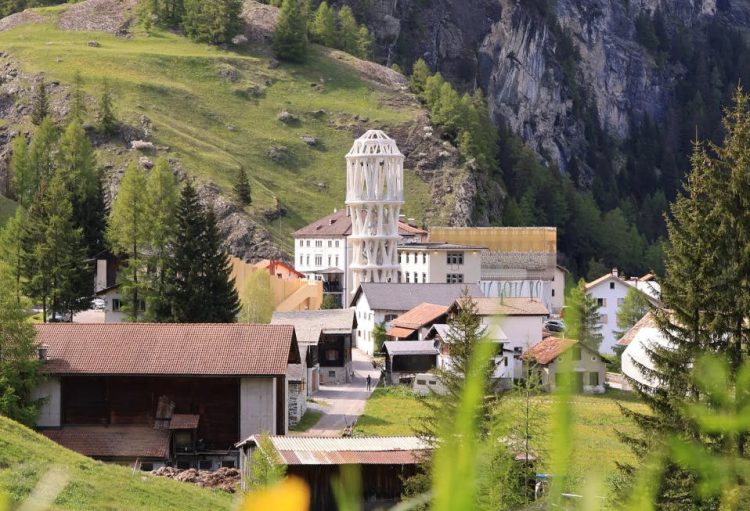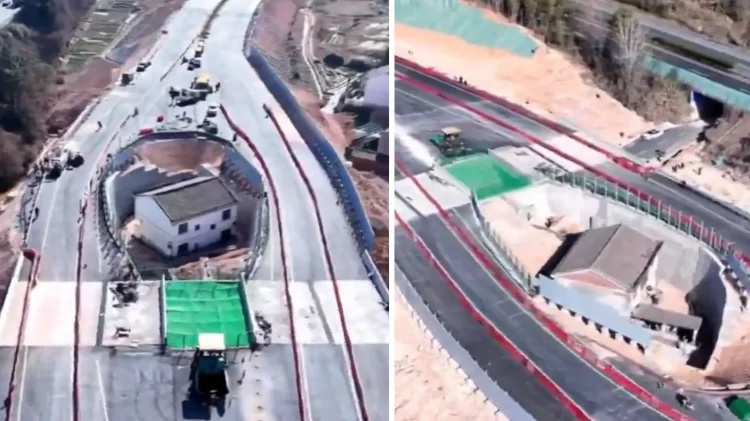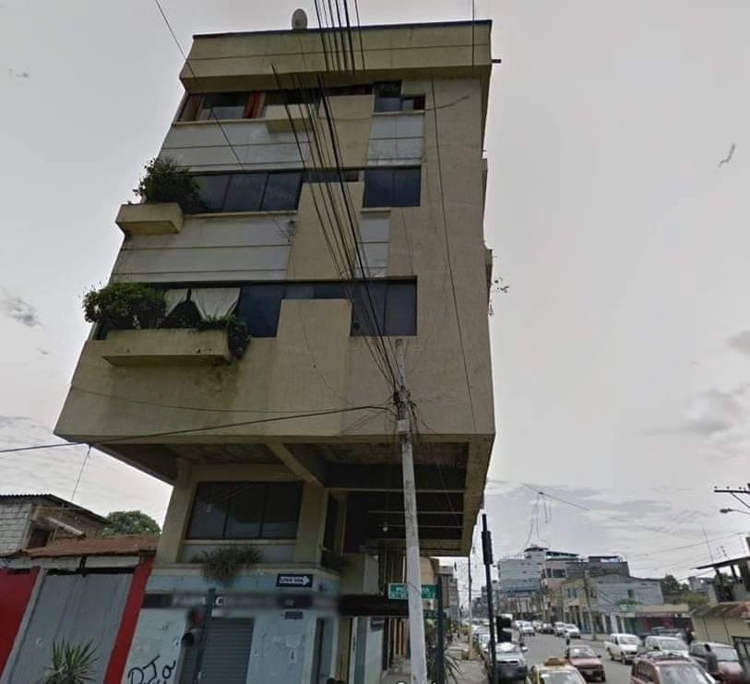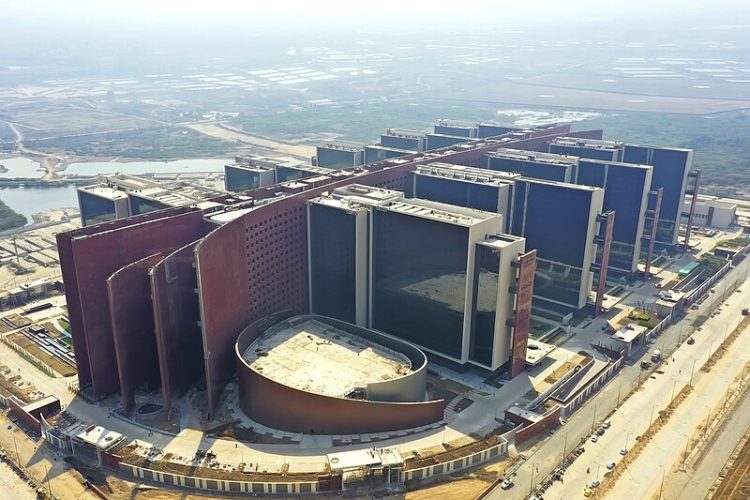For the past five decades, Nargis Latif has been actively advocating for the recycling of trash in Pakistan as an alternative to simply burning it all and raising pollution levels. But perhaps her greatest achievement has been developing a technique of building cheap housing for the poor of Karachi out of blocks of dry waste.
Nargis Latif’s inspiring story began in the 1960s, with a quarrel over burning trash outside her apartment. She fought hard and managed to get the burning point moved, but that was not her real goal. She wanted people to start using their waste, instead of simply discarding it or burning it, but that meant arguing with individuals who simply did not understand the benefits of recycling. So she decided to use a language they would understand – money.

Nargis set up a non-governmental organization called Gul Bahao that focused on using trash instead of throwing it away. “I talked to hundreds of Kabarias (junk dealers) to bring me back paper, cardboard, shopping bags, plastic, glass and metal. I paid them good money and that is when the mentality changed. Until then, Kabarias were only interested in buying old home appliances like radios and clocks.”

However, securing the funds to finance her operations was a huge challenge. “It was not easy,” Nargis recalls. “I had to beg, borrow and steal. I borrowed from moneylenders at superlative rates. But the results have been fantastic.” Indeed, her network of Kabarias served her well, and with the ample supplies Gul Bahao amassed, it started making all kinds of useful items from trash, from furniture to eco-toilets.

After the 2005 earthquake that hit Pakistan, Nargis supplied Wastic-blocks made from shopping bags, with which sturdy shelters were built in remote areas. Her organization kept building these trash houses called Chandi Ghars (silver homes) long after the natural disaster, and to date, Gul Bahao has raised over 150 such homes around the country, especially in the Tharparkar district, where people suffer from poverty, lack of rainfall and short water supplies.

Despite her dedication to promoting recycling and numerous impressive achievements, Nargis Latif, now in her 60s, still has a long way to go to change Pakistanis’ perception of waste. Of the 70-strong staff once working for Gul Bahao, only 7 remain today, mainly because of the difficulties in securing funds. With over 12,000 pounds of trash generated every day in Karachi alone, they can only do so much.

Then there is the issue of convincing people to live in Chandi Ghars houses. “People say this is made of garbage, and we don’t want to live in or sit on garbage. But this is clean material, especially the plastic. It’s difficult to remove that thinking and perception.”
But despite all these struggles, Nargis refuses to give up on her quest to convince people to recycle and reuse industrial waste. For her, this is a cause worth dedicating her whole life to.
Photos: Gul Bahao
Sources: DAWN.com, Your Story, Hindustan Times


